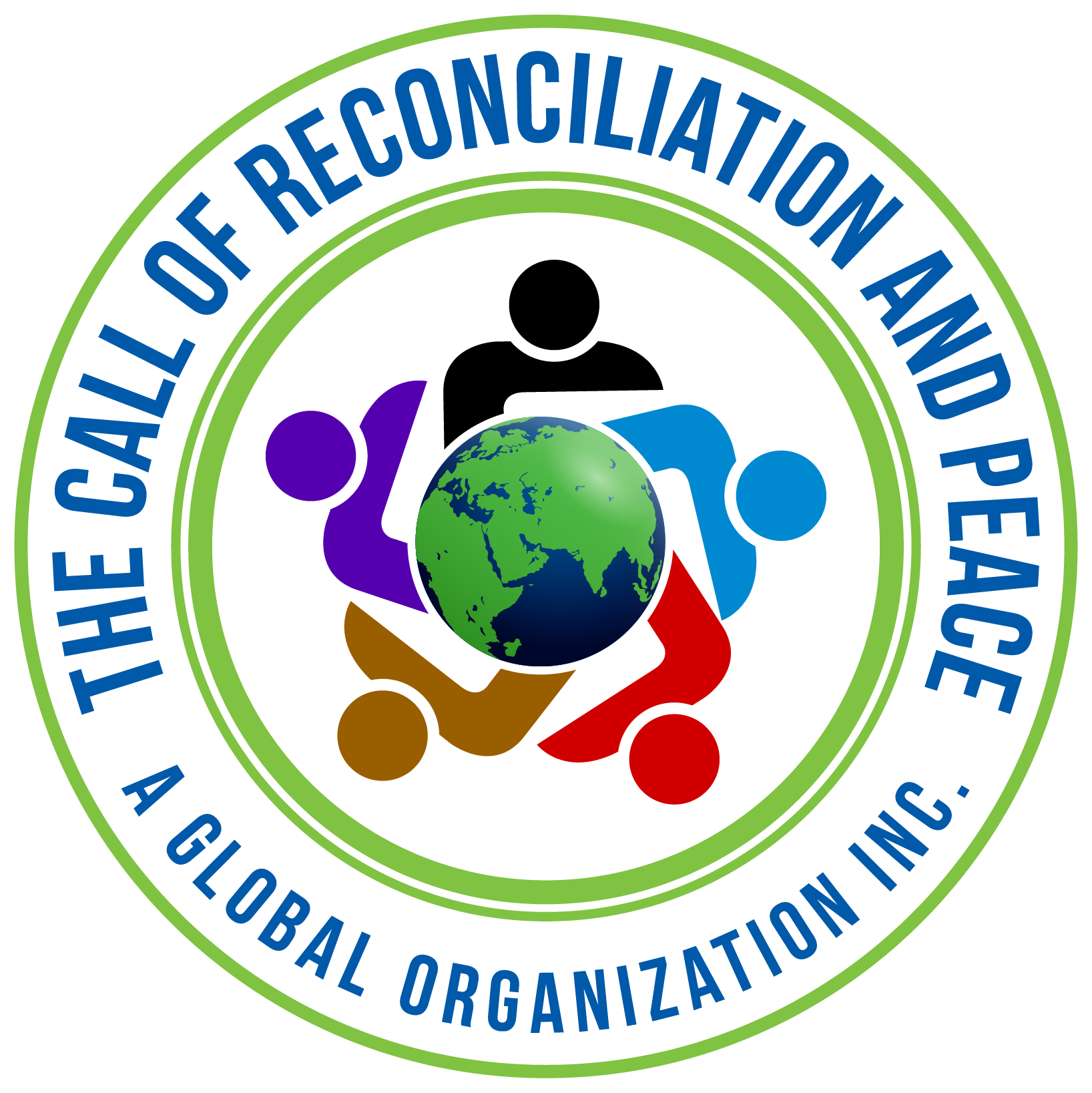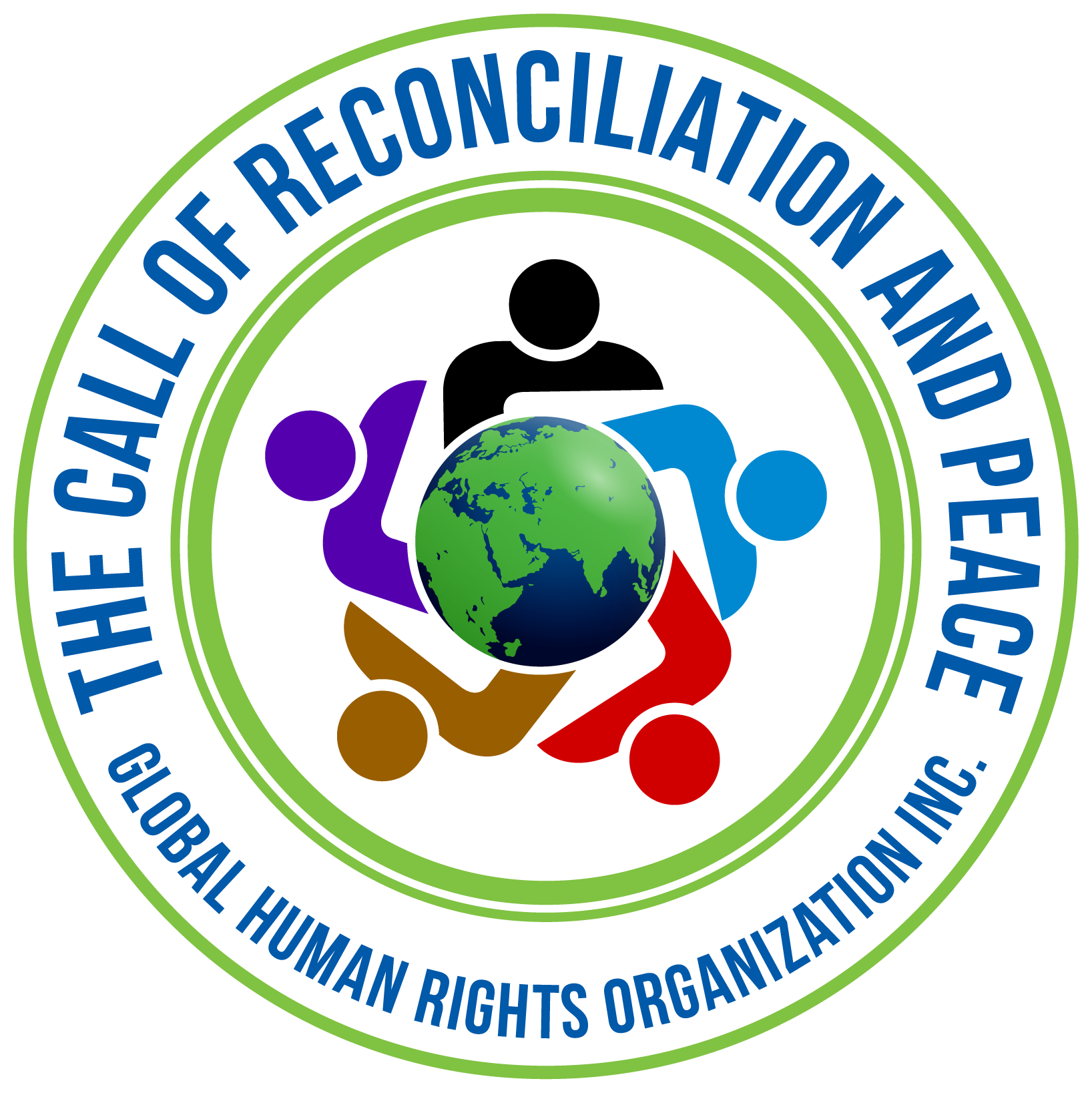Sara
When love blooms between two individuals, transcending differences in beliefs and backgrounds, a unique and powerful connection is formed. However, in a society where religious identity holds significant weight and adherence to traditional values is expected, such relationships can face immense challenges and scrutiny.
The story of a young woman, let’s call her “Sara” who married a man of a different faith, sheds light on the struggles that many individuals encounter when navigating the complexities of interfaith relationships. Sara’s decision to marry “Mohamed” whose religious beliefs diverged from her own, was met with resistance and disapproval from her family, friends, and the community at large.
The societal pressure and stigma attached to interfaith marriages created a tumultuous environment for Sara, where she found herself torn between her love and the expectations of her upbringing. The journey of embracing a new faith or supporting a partner’s religious transition added layers of complexity to their relationship, testing their commitment and resilience.
As Sara grappled with the emotional turmoil of standing at the crossroads of love and tradition, the process of changing her religious identity brought its own set of challenges. The fear of ostracization, the loss of support systems, and the internal conflict of reconciling personal beliefs with societal norms weighed heavily on her.
In a society where religious conversion is often viewed with suspicion or met with hostility, individuals like Sara and Mohamed face a daunting path towards acceptance and understanding. The struggle to find a sense of belonging while staying true to one’s beliefs and values highlights the deeper societal issue of intolerance and the need for greater empathy and inclusivity.
By sharing stories like Sara’s and shedding light on the complexities of interfaith relationships and religious conversions, we can foster dialogue, promote acceptance, and work towards building a more compassionate and understanding society. It is through empathy, respect, and open-mindedness that we can overcome the barriers that divide us and embrace the diversity that enriches our communities.
© Copyright 2024 by The Call Of Reconciliation And Peace ( A Global Organization) Inc.

